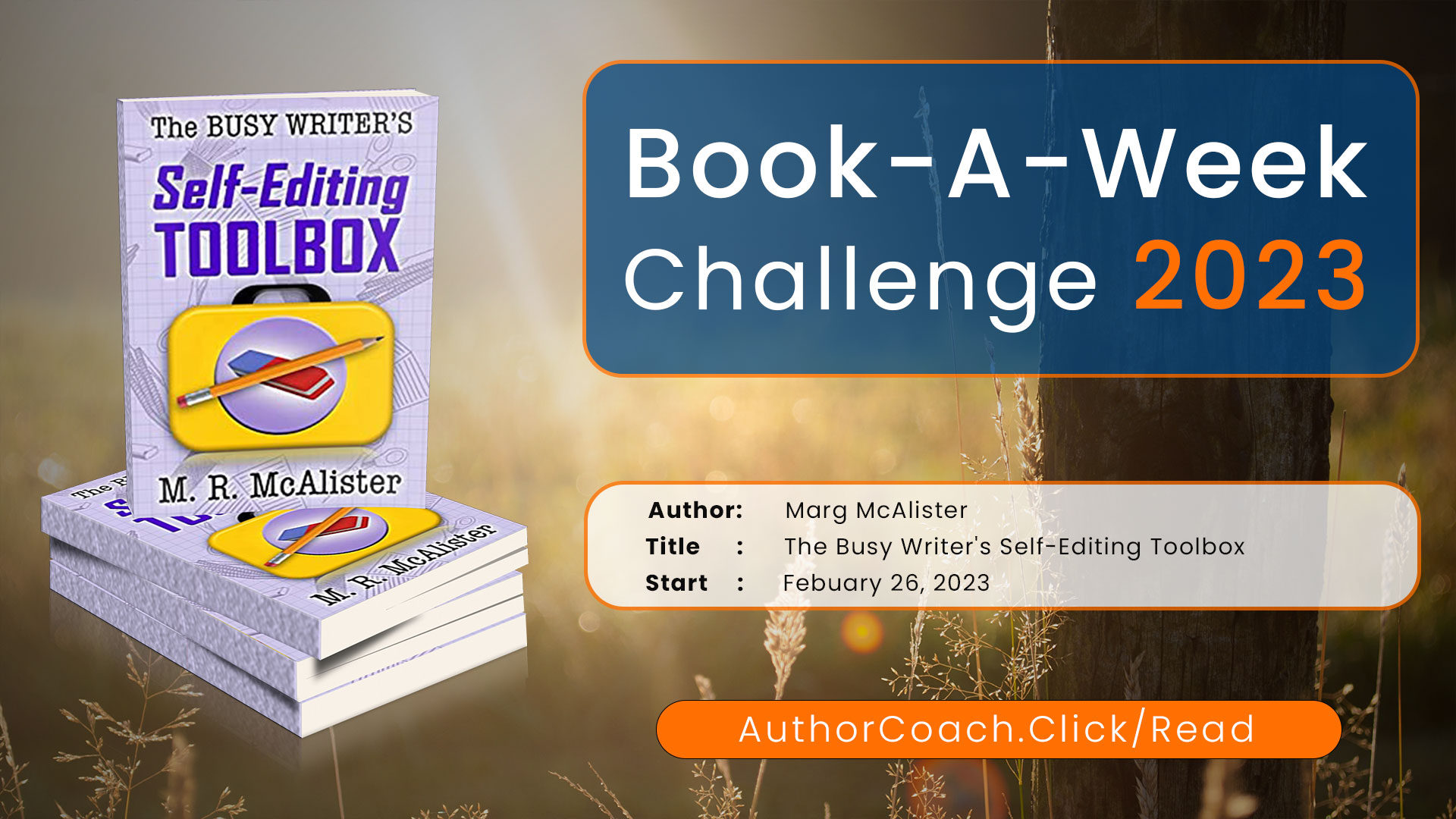In “The Busy Writer’s Self-Editing Toolbox,” Marg McAlister provides practical advice and tools for you as a writer to effectively edit and polish your own work. By mastering self-editing techniques, you as a Christian non-fiction author can create work that emotionally impacts readers and inspires them to make changes in their lives.
The following primary takeaways, supported by biblical passages, can help you refine your work and ensure that it aligns with your spiritual and emotional goals.
Takeaway #1: Attention to Detail and Clarity
McAlister emphasizes the importance of paying close attention to detail and striving for clarity in your writing. By refining your work and ensuring it is clear and concise, you can create work that emotionally impacts readers and inspires them to make changes in their lives.
Consider the following biblical passages to support this takeaway:
- Proverbs 24:3-4: “Through wisdom a house is built, And by understanding it is established; By knowledge the rooms are filled with all precious and pleasant riches.”
This passage highlights the importance of wisdom, understanding, and knowledge in building a strong foundation. By paying attention to detail and ensuring clarity in your work, you can create work that is both engaging and emotionally impactful. - Proverbs 15:28: “The heart of the righteous studies how to answer, But the mouth of the wicked pours forth evil.”
This verse underscores the importance of thoughtfulness and careful consideration in communication. By refining your work for clarity and precision, you can ensure that your messages are well-received and inspire change in your readers’ lives. - 2 Timothy 2:15: “Be diligent to present yourself approved to God, a worker who does not need to be ashamed, rightly dividing the word of truth.”
This passage emphasizes the importance of diligence and accuracy in interpreting and conveying spiritual truths. By paying close attention to detail and striving for clarity, you can create work that emotionally impacts readers and encourages them to grow in their faith.
Takeaway #2: Consistency and Cohesion in Writing
McAlister stresses the importance of consistency and cohesion in your writing, ensuring that your work flows seamlessly and maintains a unified message. For you as a Christian non-fiction author, maintaining consistency and cohesion in your writing can help create work that emotionally impacts readers and inspires them to make changes in their lives.
The following biblical passages support this takeaway:
- 1 Corinthians 14:33: “For God is not the author of confusion but of peace, as in all the churches of the saints.”
This passage reminds us that God values order and clarity. By ensuring consistency and cohesion in your writing, you can create work that reflects these values and resonates with readers. - Philippians 2:2: “Fulfill my joy by being like-minded, having the same love, being of one accord, of one mind.”
This verse highlights the importance of unity and harmony in the body of Christ. By maintaining consistency and cohesion in your writing, you can create work that fosters a sense of unity and shared purpose among readers. - Ephesians 4:3: “Endeavoring to keep the unity of the Spirit in the bond of peace.”
This passage emphasizes the importance of striving for unity and peace. By ensuring consistency and cohesion in your writing, you can create work that promotes harmony and understanding among readers, inspiring them to make changes in their lives.
Takeaway #3: Embrace the Editing Process as an Opportunity for Growth
McAlister encourages you as a writer to view the editing process as an opportunity for growth and improvement in your craft. For you as a Christian non-fiction author, embracing the editing process can lead to work that emotionally impacts readers and inspires them to make changes in their lives.
The following biblical passages support this takeaway:
- Proverbs 27:17: “As iron sharpens iron, So a man sharpens the countenance of his friend.”
This verse emphasizes the importance of refining your skills and learning from others. By embracing the editing process, you can improve your work and create content that more effectively impacts readers and encourages them to grow in their faith. - James 1:4: “But let patience have its perfect work, that you may be perfect and complete, lacking nothing.”
This passage highlights the value of patience and perseverance in personal growth. By embracing the editing process and refining your work, you can create work that is both emotionally impactful and spiritually edifying for your readers. - Hebrews 12:11: “Now no chastening seems to be joyful for the present, but painful; nevertheless, afterward it yields the peaceable fruit of righteousness to those who have been trained by it.”
This verse acknowledges the challenges that come with growth and refinement but emphasizes the ultimate reward of righteousness. By embracing the editing process as an opportunity for growth, you can create work that emotionally impacts readers and inspires them to make meaningful changes in their lives.
“The Busy Writer’s Self-Editing Toolbox” by Marg McAlister offers valuable insights and tools for you as a Christian non-fiction author seeking to create work that emotionally impacts readers and inspires them to make changes in their lives.
By paying attention to detail and clarity, ensuring consistency and cohesion in your writing, and embracing the editing process as an opportunity for growth, you can refine your work and create content that resonates with readers on an emotional level.
By incorporating these takeaways, supported by biblical wisdom, you can effectively engage your readers, fostering a sense of community and shared purpose in the pursuit of a deeper relationship with God and personal transformation.


Leave a Reply